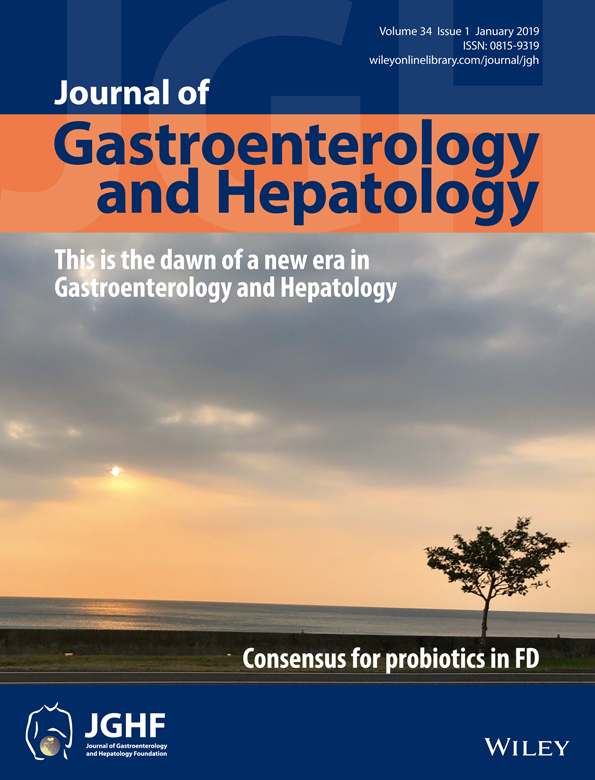Metformin inhibits visceral allodynia and increased gut permeability induced by stress in rats
Abstract
Background and Aim
Metformin has been shown to have anti-cytokine property. Lipopolysaccharide (LPS)-induced or repeated water avoidance stress (WAS)-induced visceral allodynia and increased gut permeability were pro-inflammatory cytokine-dependent responses, which were considered to be animal models of irritable bowel syndrome (IBS). We hypothesized that metformin improves symptoms in the patients with IBS by attenuating these visceral changes and tested the hypothesis in rats.
Methods
The threshold of the visceromotor response induced by colonic balloon distention was measured. Colonic permeability was determined in vivo by quantifying the absorbed Evans blue for 15 min spectrophotometrically.
Results
Subcutaneously injected LPS (1 mg/kg) reduced the threshold of visceromotor response, and metformin (5–50 mg/kg for 3 days) intraperitoneally attenuated this response in a dose-dependent manner. Repeated WAS (1 h daily for 3 days) induced visceral allodynia, which was also blocked by metformin. The antinociceptive effect of metformin on the LPS-induced allodynia was reversed by compound C, an adenosine monophosphate-activated protein kinase inhibitor or NG-nitro-L-arginine methyl ester, a nitric oxide synthesis inhibitor but not modified by naloxone. Additionally, it was blocked by sulpiride, a dopamine D2 receptor antagonist, but domperidone, a peripheral dopamine D2 receptor antagonist, did not alter it. Metformin also blocked the LPS-induced or repeated WAS-induced increased colonic permeability.
Conclusions
Metformin attenuated the visceral allodynia and increased gut permeability in animal IBS models. These actions may be evoked via activation of adenosine monophosphate-activated protein kinase, nitric oxide, and central dopamine D2 pathways. These results indicate the possibility that metformin can be useful for treating IBS.




